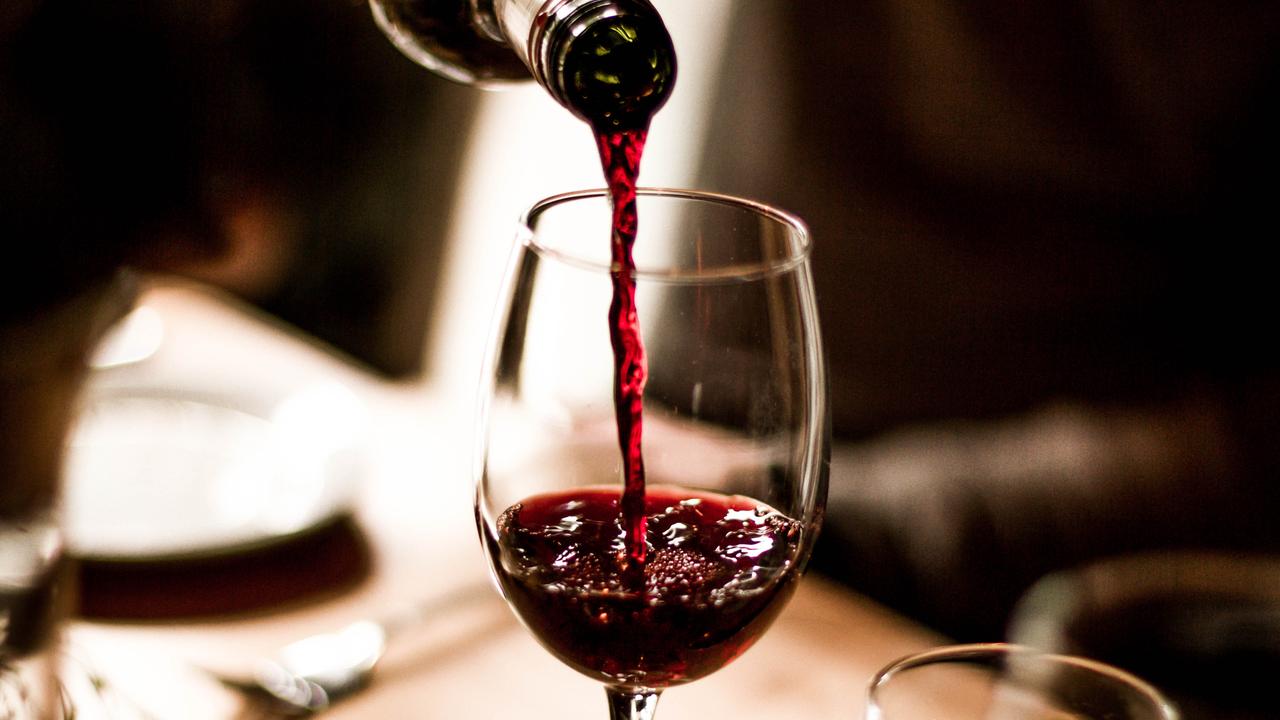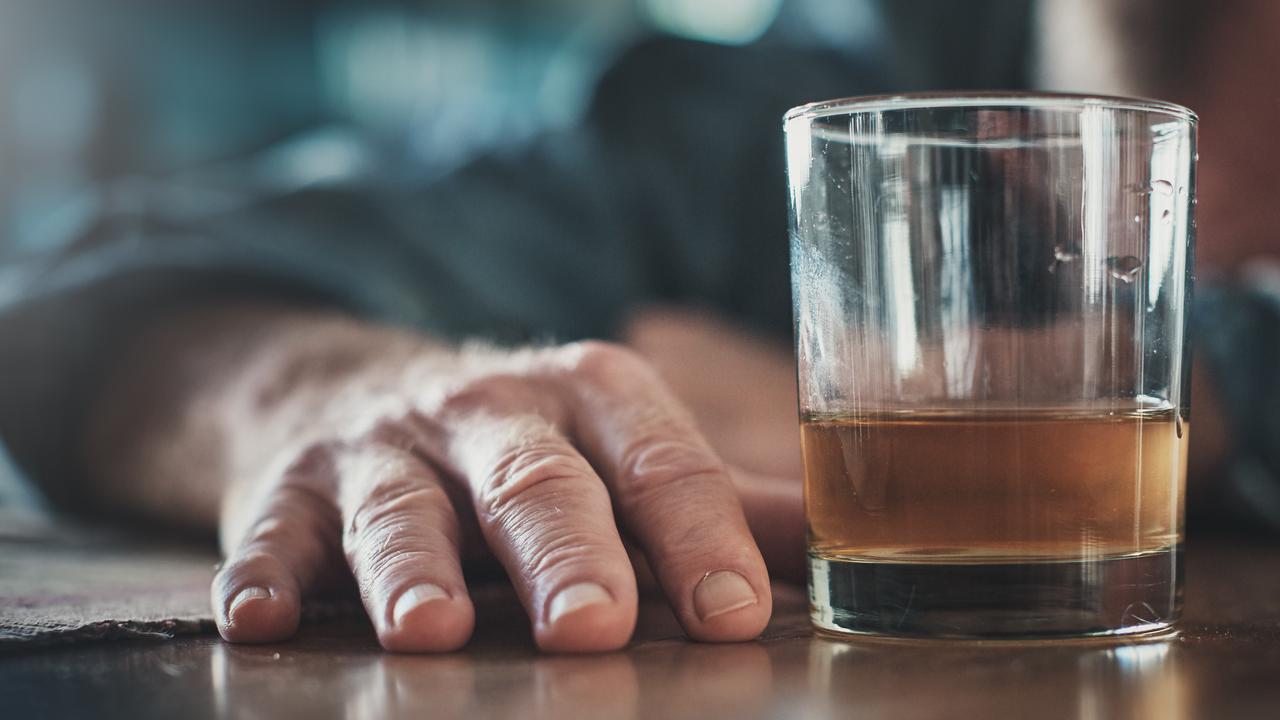Are you an alcoholic? Expert reveals warning signs
Does having a beer or a glass of wine every night make you an alcoholic? An expert has revealed how much you should really be drinking each week.
There’s nothing wrong with a glass of wine or two of an evening.
It can be easy to get into the habit of cracking open a bottle of rosé when you get back from work.
But one expert said you should reflect on how much you’re drinking.
If you’re having to ask yourself if your habit makes you an alcoholic – then you might have a problem, The Sun reports.
Martin Preston, founder and chief executive at private rehab clinic Delamere said just because you stick to the limit when it comes to units – it doesn’t mean you’ve developed alcoholism.
It’s recommended to drink no more than 14 units of alcohol a week – with a unit being different depending on the strength of booze you’re having.
For example, a 750ml bottle of red, white or rosé wine (ABV 13.5 per cent) contains 10 units.
Martin explained: “Alcoholism is not defined by how much you drink, what you drink, or when you drink it. but rather your relationship to it.”

If drinking alcohol starts to affect your work and personal life, then it could be a warning sign.
“If you’re becoming dependent on having a drink each evening to get through your working day or struggling to cut back despite the negative consequences it may be having, it could be a sign of alcoholism even if you don’t drink every day or in large amounts.”
The guru added that if you think you, or a loved one has formed an unhealthy relationship with booze, then there are some things you can look out for.
Alcohol addiction is often characterised by a compulsion to drink.
This, Martin said, means that even when a person wants to stop drinking, they are unable to do so.
He explained: “While a person who drinks a glass of wine every evening might not necessarily have a problem, when the desire to drink becomes all they think about to the point they can’t stop it, it could be a sign they are struggling with alcoholism.”
For some people, having a drink at the end of the day can be a way to unwind and help you relax.
But for those that struggle with problem drinking, Martin said just one drink can be a slippery slope to a binge session when cravings override a person’s senses.

“Craving is often a phenomenon that is associated with addiction and can manifest either physically or psychologically.
“For example, a person may not be physically addicted to alcohol, but may still experience psychological cravings for it instead,” he said.
Many people can stop at one drink, but Martin said as your habit increases – so might your tolerance, meaning you might not get the same feeling from one glass as you used to.
“Those who have become dependent on having that glass of wine may begin to progressively drink more or switch to stronger types of alcohol.
“This is because the more a person drinks, a tolerance begins to form meaning they have to opt for more or stronger types of alcohol to feel the same effects.”
A person drinking every day might also start to become dependent on that one glass, with the habit turning from a want to a need.
Over time, Martin said they may begin to experience withdrawal symptoms on the days they do not have access to alcohol.
“Symptoms can sometimes be life-threatening and can range from shaky hands, insomnia and anxiety to more severe problems including alcoholic seizures and hallucinations,” he added.
It’s important to note that if you have developed a dependency to alcohol then you might find it hard to stop drinking.
This, Martin said, could be irrespective of the negative consequences the booze might be having.
“The sufferer may even experience a close brush with death, or lose close relationships as a result of their drinking, but will be compelled to continue despite what has already happened or what could happen in the future,” Martin added.
This article originally appeared on The Sun and was reproduced with permission





